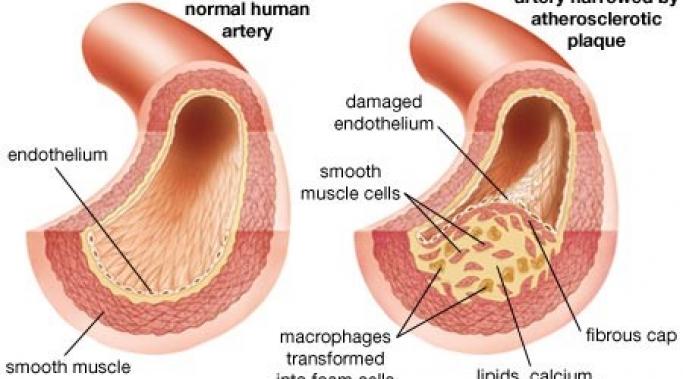Blogs
New research indicates that older veterans with combat posttraumatic stress disorder (PTSD) are at greater risk for vascular disease. We know that combat PTSD affects the brain and the body in a myriad of ways and now we are coming to understand that one of these ways is vascular.
When working with bipolar, there are definite dos and don’ts. These dos and don’ts can help predict just how successful you can be with bipolar at work because you can work with bipolar but that’s a much easier goal to achieve if you keep certain rules in mind (Keeping a Job When You Have Bipolar Disorder).
Even though I am a recovering alcoholic, I can turn into a suffering alcoholic if I'm not careful. As a recovering alcoholic, I sometimes think that I should have my emotions under more control just because I've managed to stay sober for five years. I think that I should be less likely to lose my temper. I imagine that after five years of growth I should be more patient, loving, and kind all the time. In reality, I am just as susceptible to becoming a suffering alcoholic as I was five years ago (Alcoholism Recovery Is the Most Important Part of My Life). So, what is the real difference between a suffering and recovering alcoholic?
Anxiety definitely impacts binge eating disorder. Anxiety is a problem that all people face in their lives but when you have binge eating disorder, this problem can compound your issues and make dealing with your mental illness that much more difficult. The truth is, that there is no way to completely insulate yourself from ever having to deal with an anxious situation ever again. But even when anxiety impacts binge eating disorder, once you have the skills and tools that you need to cope with not only your anxiety but also your binge eating disorder, both can be manageable.
The stigma of mental illness psychosis remains a serious concern for our society because the stereotypes and thoughts around this topic work to silence and stigmatize the people who have these experiences. Mental illness psychosis is highly stigmatized and it is up to all people to learn the facts about it to break down the inaccurate perceptions, especially so that those having been psychotic, may feel comfortable sharing their personal experience.
How to treat PTSD by yourself is a tough process to discover. In fact, as someone who struggled with posttraumatic stress disorder (PTSD) for over 25 years, I can tell you from personal experience that you won't discover how to treat PTSD by yourself and reach 100% success. You will need the insight and training of professionals who have deep knowledge in processes that can ease the pain, soothe the memories, and release the fear. That having been said, there are many things you can do on your own to supplement the work you do with a professional, or to tide you over until you find the support you need.
To reason with anxiety and the anxious thoughts that accompany it can seem not only ridiculous but downright impossible. Picture a toddler in the throes of a spirited temper tantrum. Said toddler is, at that moment, irrational and emotional and not quite capable of discussing the matter at hand over a cup of tea. Anxiety can be like that toddler. The difference between anxiety and a toddler, though, is that a toddler isn't developmentally capable of reasoning. We, on the other hand, are capable of rationalizing; by default, we can reason with anxiety because it's (temporarily) part of us. As far-fetched as it may seem, it is quite possible to reason away our anxiety and anxious thoughts.
If you're an anxious person, working at a job that's anxiety-friendly can be a huge benefit to your life. So many people with anxiety disorders struggle with work because of the difficulty of social interaction and other job stressors. Work is anxiety-provoking for everybody to some degree, but, if you have anxiety, anxiety at work can be truly hellish. That's why it's important that us anxious types find jobs that take our anxiety into account. This week, we'll explore 10 of the most anxiety-friendly jobs out there.
It's important to know how to talk to your family about your mental illness. Some families have a long history of mental illness and may talk openly about mental illness diagnoses, symptoms and treatment. Though some diseases are hereditary, many of us need to break the news to our family members that we have a mental illness. Either way, sometimes it can be difficult to talk to your loved ones about your mental health. The way you grew up, the relationship you have with your parents and the closeness of your extended relatives all contribute to the way you talk to your family about your mental illness.
Through my years of mental illness treatment, I've identified three things that everyone with a mental illness should know. I was diagnosed with a mental illness the summer after my freshman year of college. I was relieved to finally know what was happening to me and felt considerably better once I started medication. But I had many questions, and few answers. And I would encounter many confusing things on my journey toward mental health, ranging from stigma to what the best course of treatment was. Along the way, I learned three things that everyone with a mental health diagnosis should know.









